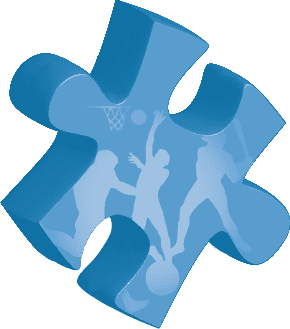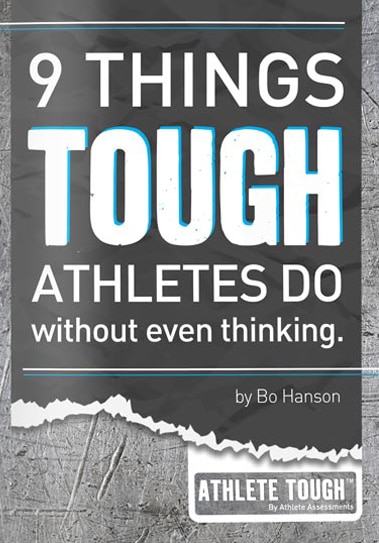By Mim Haigh, Sports Writer – Athlete Assessments
Money buys the same equipment the world over. Physical gains for individual athletes in their prime are vital, but marginal. However, there is potential for large gains on the people side of sport.
The ability to perform under pressure, recover from a mistake mid-competition, establish productive working relationships and an accountable team culture is what an athlete needs to turn a losing score line into a landmark win.
But gains on the people side of sport can only be realized with hard work, regular practice and knowledge of the mental skills you need to improve performance.
Mental skills are not something that people are born with. We build up a knowledge from personal experience, role models and our environment. Many Coaches are unaware that mental skills or toughness is something they can grow in their athletes. Mental toughness is the illusive ingredient that’s required in the mix of skills to take the top position on any league tables. Coaches are acutely aware that their success or failure is directly linked to the mental toughness of their athletes, and shiny new equipment fades into the distance.
Mental toughness is the ultimate equalizer in sport because equipment doesn’t win championships, people do.
Bo Hanson of Athlete Assessments says, “in my own Olympic career, we were constantly chasing the tiny 0.1% improvements in everything we did, and this is a powerful approach to take. We left no stone unturned in our pursuit of Olympic medals. What I know now, is that some gains are small incremental gains and others are game changers. Being tough as an athlete can leave your competition behind, especially when they’re not. Being tough as an athlete is a game changer.”
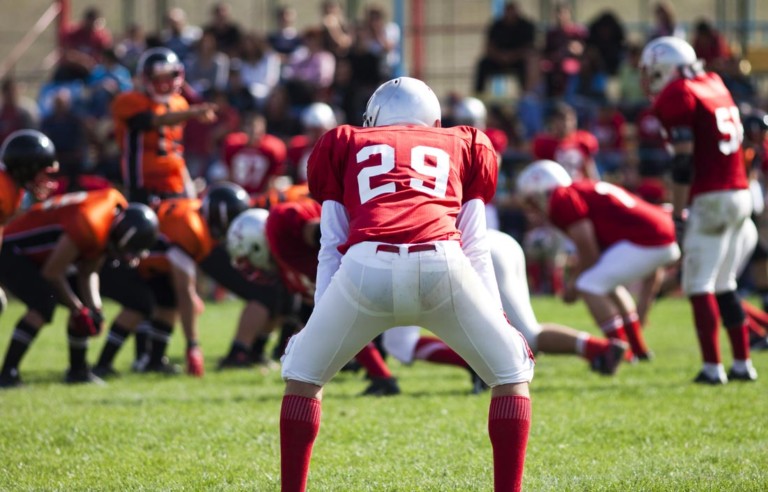
“When an athlete is ‘athlete tough’, they can produce their best results when they’re under pressure. They’re able to block out distractions and focus on what matters the most.”
In sport, mental toughness is composed of true grit, resilience and the ability to perform under pressure. Each skill is unique and is defined by specific behaviors but, Hanson explains, “we combine all of these skills under the banner of mental toughness, we call it being ‘athlete tough’. Essentially, being ‘athlete tough’ is the ability to perform at your best when it matters the most. That’s what wins big competitions.”
When it comes to getting ahead of competitors Hanson believes that a focus on equipment and facilities is misguided, whereas investing in the mental side of an athlete’s game has the potential to pay unlimited dividends. Those who are ‘athlete tough’ have something that many of their competitors are struggling with. Mental skills can’t be bought and instead, can only be earned – over time.
Hanson is well placed to know the challenges facing Coaches competing at the elite end of sport. He spends his entire working day with them. “Since starting Athlete Assessments over a decade ago, we’ve worked with thousands of Coaches and athletes across almost every sport and what we’ve noticed is that unanimously, Coaches are at a loss when it comes to developing mental skills in their athletes. It’s quite common to hear a Coach describe some of their athletes as ‘soft’.”
The positive in this situation is that there is an enormous opportunity for Coaches who invest in the people side of sport. Hanson explains that the first step is to view mental skills like physical ability, that is, something that can be worked on. Like a muscle, mental skills need to be exercised, used regularly and cultivated as part of the individual and team or club’s culture.
This is the philosophy behind Athlete Tough, the step-by-step program that Hanson created to develop mental toughness in athletes.
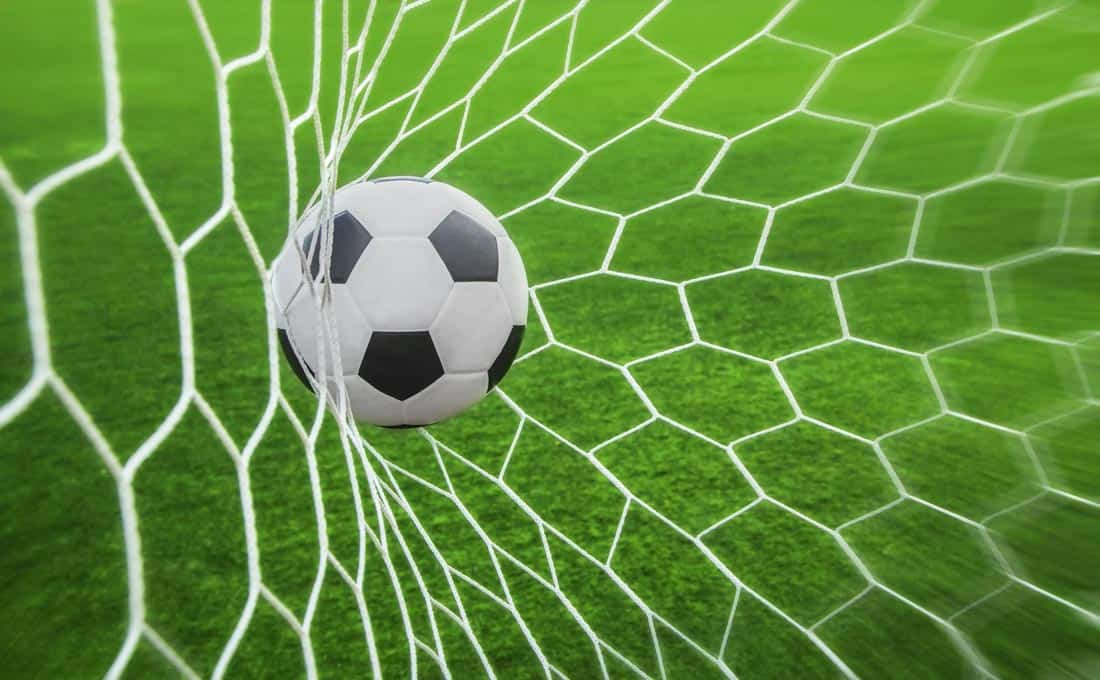
On the evolution of the program, Hanson says, “I was constantly asked for my input into developing a mental approach to training and competition. But I didn’t want to write another book on the subject because there’s an entire library of quality books dedicated to developing mental skills. I wanted to make an impact and the only way I knew how to do that was by creating something that Coaches could implement and athletes could use. Being practical and easy to implement was key, otherwise it would just end up on people’s bookshelves.”
So Hanson has used a different approach, he developed a step-by-step program that includes a workbook and video series. Coaches can print a copy of the workbook for each athlete and they can then go through it together with additional support from the accompanying video series.
Hanson says, “my starting point was that mental toughness is not a mythical quality possessed by only a few. Instead, my approach in being ‘athlete tough’ is that toughness is a teachable skill. My primary motivation for developing the Athlete Tough program is to give athletes and Coaches the tools to be successful and ultimately become stronger people.”
Hanson explains the program combines his experiences as an athlete with the tools and tactics he used as Coach and consultant with clients for over two decades.
He says, “while there’s an endless supply of quality sport psychology texts available, what Coaches were telling me was that they struggled to cut through the technical language used in these books and struggled to take this theory and put it into practice within their program. Our aim was to develop a program specifically for the Coach and athlete. We avoided long-winded theory and any out of touch anecdotes. Instead, we distilled the important sport psychology theory down into what Coaches and athletes really need to know. We explain concepts in terms that are easy to understand and more importantly, provide activities, exercises, projects and reflective journaling to put it into practice.”
“Also, we explain the difference between grit, resilience and mental toughness. Why these terms aren’t interchangeable, why they fall under the banner of mental toughness and why you need all of these attributes to be successful.
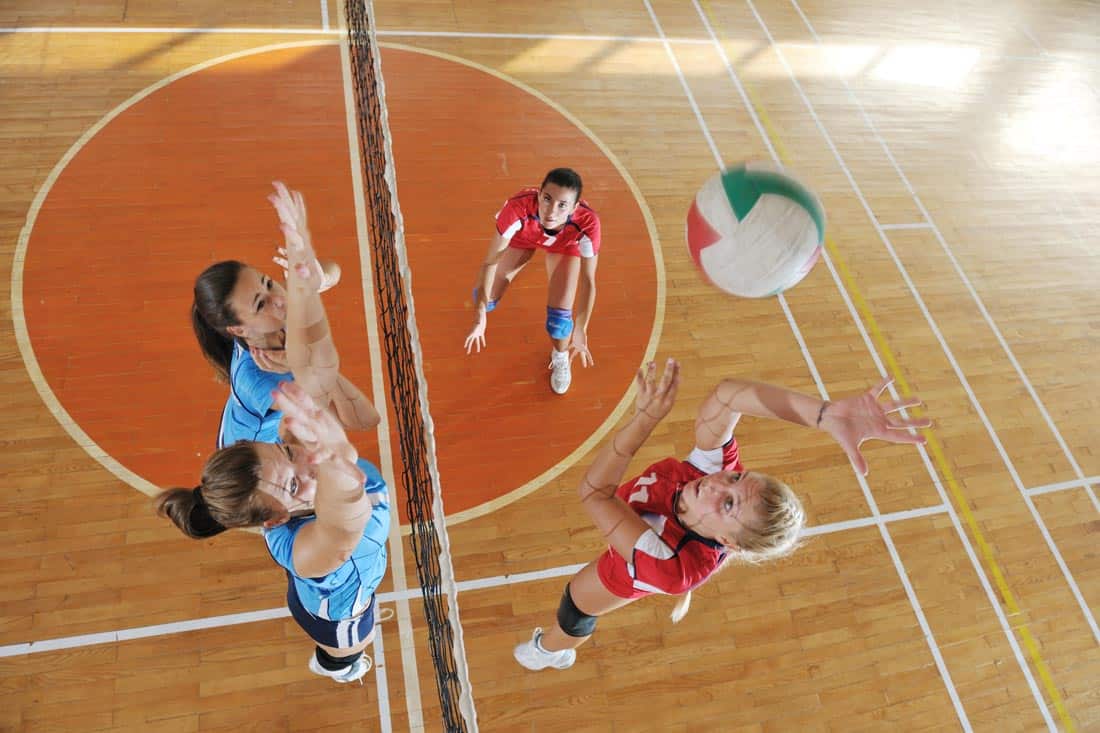
Hanson explains how some Coaches work through the program with their athletes. “The workbook has 15 chapters and most of our clients have scheduled an hour or so of dedicated time to go through a chapter each week over as many weeks. Each week they use the strategies at practice, receive feedback then re-evaluate and re-use them at the next practice. They do this until it is a skill.”
Hanson tells us what’s in the program, “workbook chapters include; Staying in The Game, Teaching Toughness, Bouncing Back, Mastering Accountability, The Most Critical Relationship in Sport, Conditioning Toughness and Staying Tough Under Pressure.”
“The Athlete Tough program is designed to ensure your athletes never give up, never quit on their team and never quit on themselves. It delivers proven strategies on how to help your athletes become and stay mentally strong.”
So how does an athlete become Athlete Tough?
If you want to know more about how to help your athletes build mental toughness and resilience so they can perform at their best under pressure, you should check out our program – ATHLETE TOUGH. Our Handbook & Video Series was produced by 4 x Olympian and 3 x Olympic Medalist, Bo Hanson, to answer the call of Coaches wanting to know how they can build mental toughness in their athletes. We have dedicated 15 chapters to proven strategies that will help your athletes become, and stay, ATHLETE TOUGH. Visit this link for more information and to view a sample chapter and video!
Where to from here?
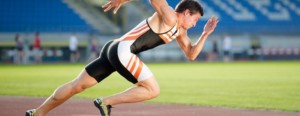
Gain the Upper Hand with Emotional Intelligence
“You have to be able to center yourself, to let all of your emotions go. Don’t ever forget that you play with your soul as

Performing Under Pressure
“The ultimate measure of a man is not where he stands in moments of comfort and convenience, but where he stands at times of challenge
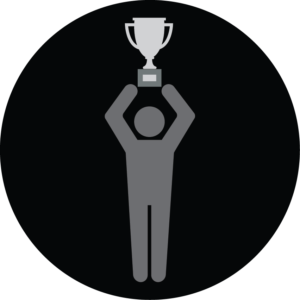
9 things Tough Athletes do without even thinking
Actions always speak louder than words and Tough Athletes take action. You can see their toughness by what they do. Here is our list of
